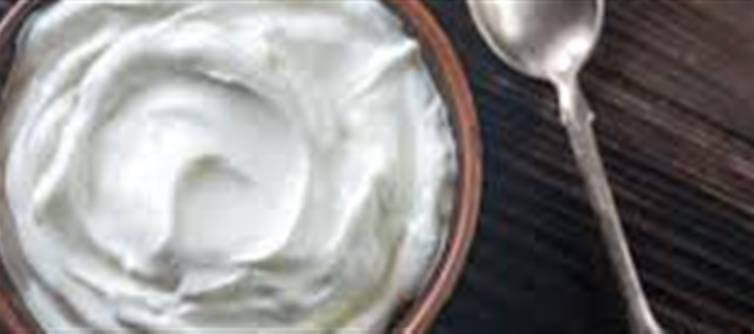
Greek yogurt and curd (also known as dahi) are both healthy dairy products, but they differ in their nutritional profiles and how they’re made. Greek yogurt is strained to remove most of its whey, resulting in a thicker texture and higher protein content. In contrast, curd is made by fermenting milk with natural lactic acid bacteria and is generally less processed.
When it comes to protein content, Greek yogurt clearly has the upper hand. It contains about twice the protein of regular curd, making it ideal for people looking to build muscle, manage weight, or stay fuller longer. For instance, a typical serving of Greek yogurt provides around 10 grams of protein, while the same amount of curd offers about 3–4 grams. This makes Greek yogurt a better choice for those needing a higher protein intake.
However, curd is often easier to digest, especially for people in South Asia who are more accustomed to it culturally and biologically. It’s rich in probiotics that promote gut health, supports digestion, and is typically free from added sugars or preservatives. Homemade curd is especially beneficial because it contains natural, active cultures without any processing or additives.
So, which is healthier? It depends on your goals and dietary needs. If you want more protein and a low-carb option, Greek yogurt may be better. If you’re looking for a more natural, easily digestible probiotic and aren’t focused on protein, curd is excellent. Both are nutritious—just choose based on your body’s needs and what fits best into your routine.
Disclaimer: This content has been sourced and edited from Indiaherald. While we have made adjustments for clarity and presentation, the unique content material belongs to its respective authors and internet site. We do not claim possession of the content material..jpg)




 click and follow Indiaherald WhatsApp channel
click and follow Indiaherald WhatsApp channel